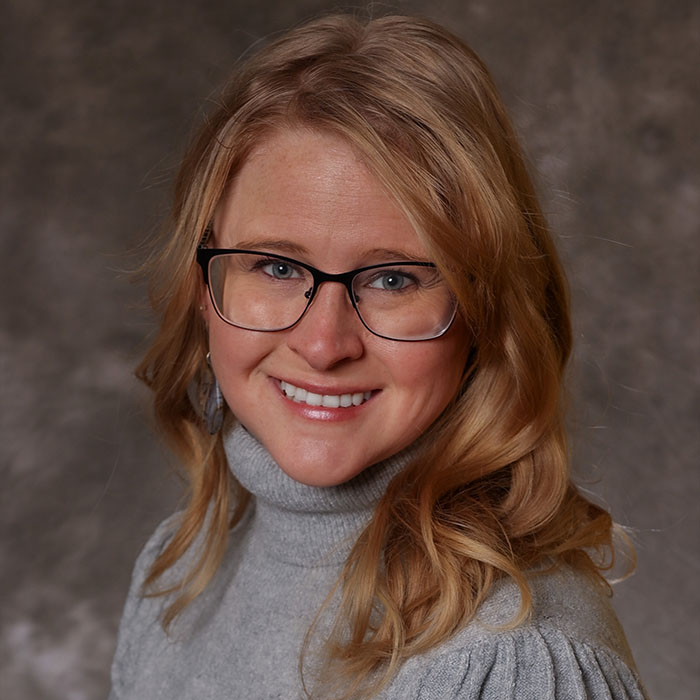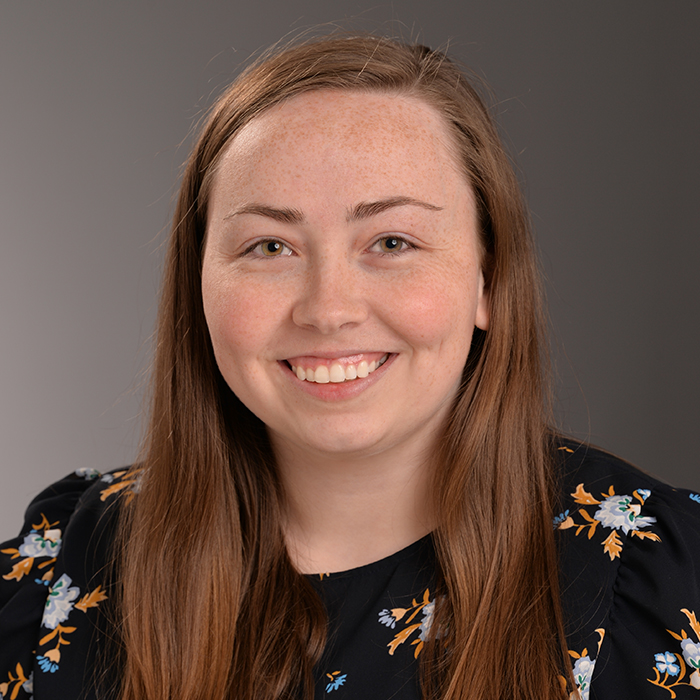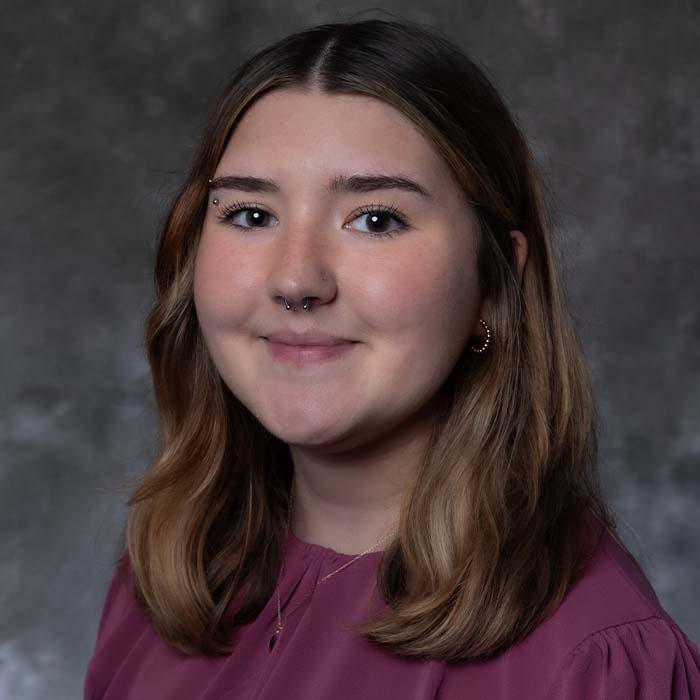Kathleen Crostic
Executive Director, Office of Partnerships and Outreach

Our team works across campus to provide critical support, coordination, and decision-making to further the work of BTU: Partnerships at work for Greater Baltimore.
The Office of Partnerships and Outreach (OPO) within the Division of Business and Public Engagement is tasked with managing BTU. The OPO-BTU team serves as the front door of the university for external partners and makes connections between TU's faculty, staff, students, and stakeholders. This includes strategic partnership management, data collection and utilization, reporting, marketing and communications, event management, funding support management, and cross-campus convening.



The OPO-BTU team is committed to supporting partnership work at TU. If you have any questions on:
Please reach out to us at publicengagement AT_TOWSON.